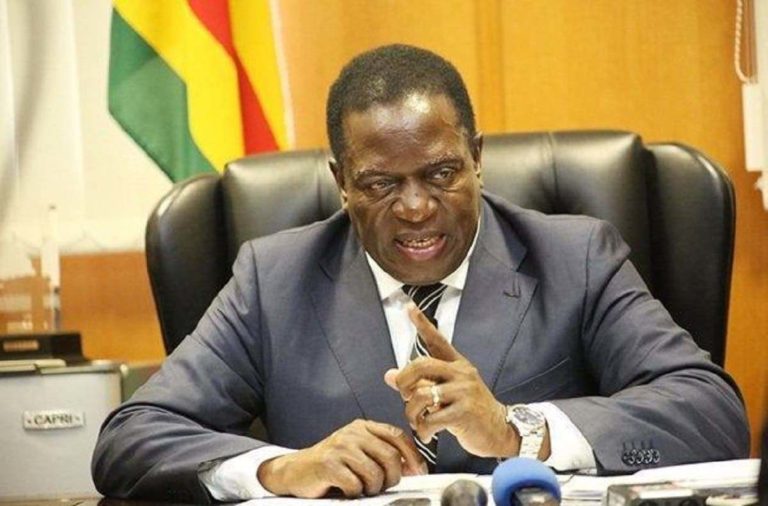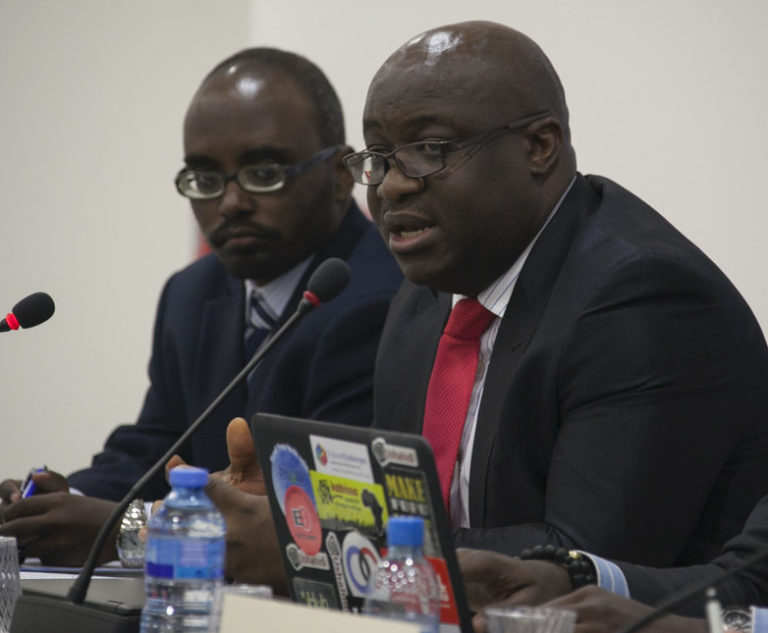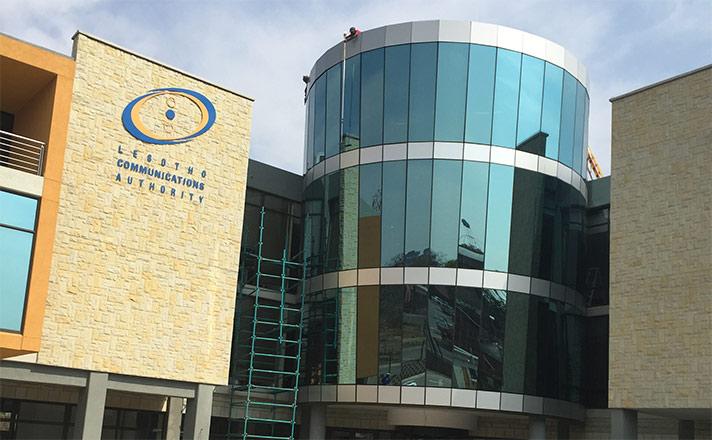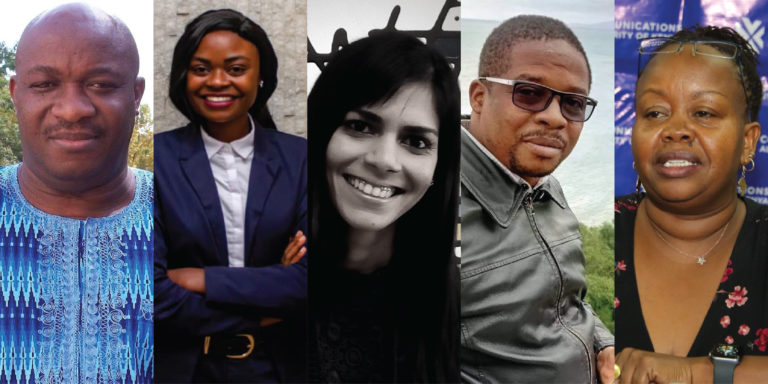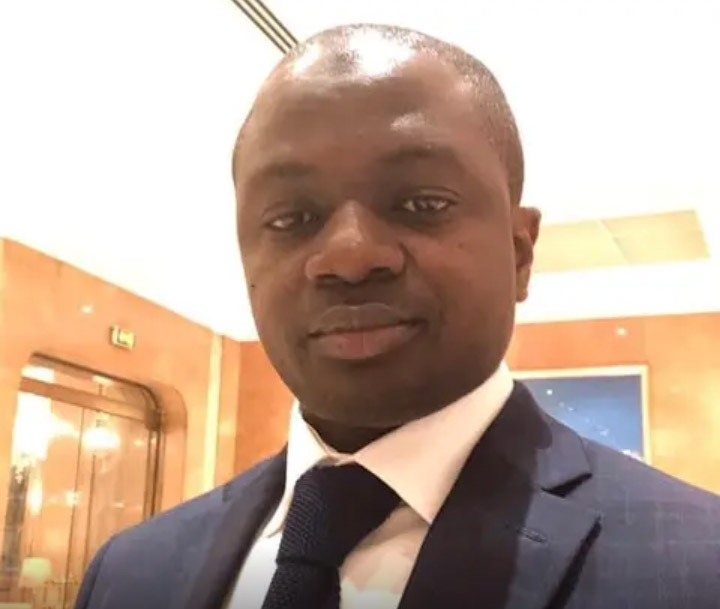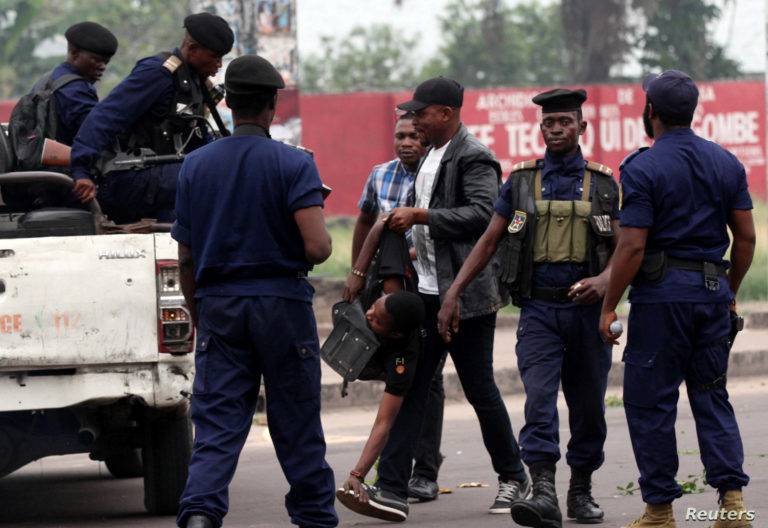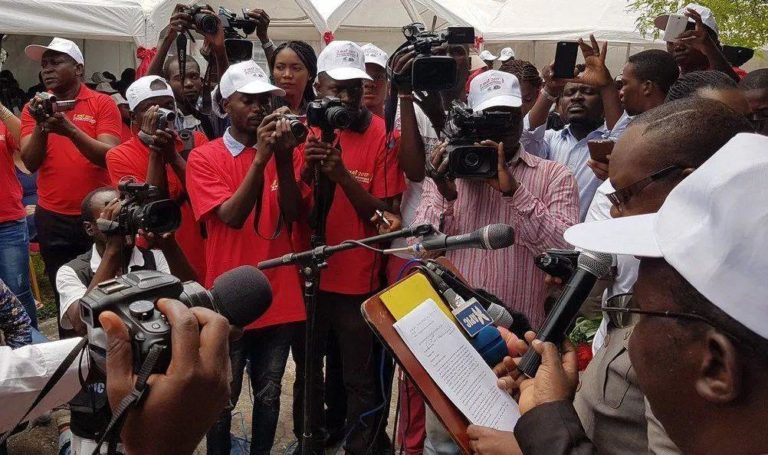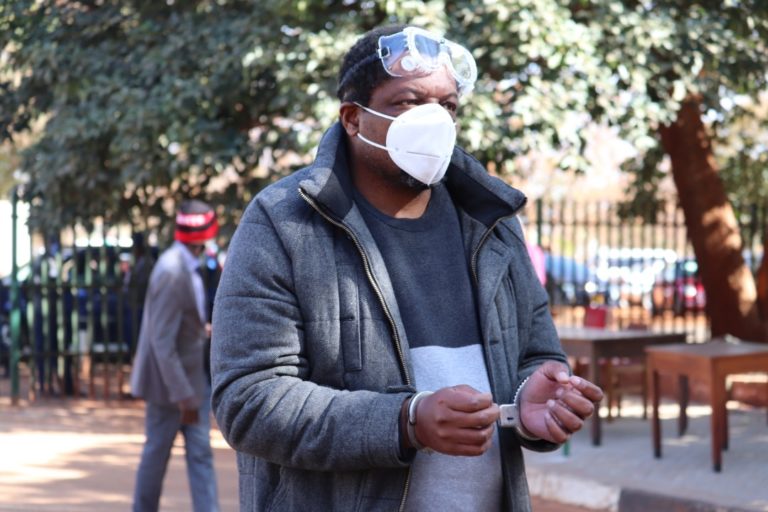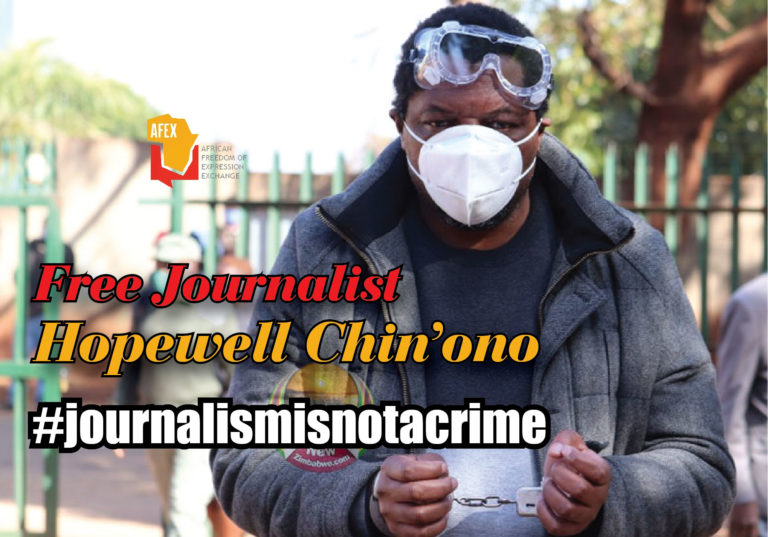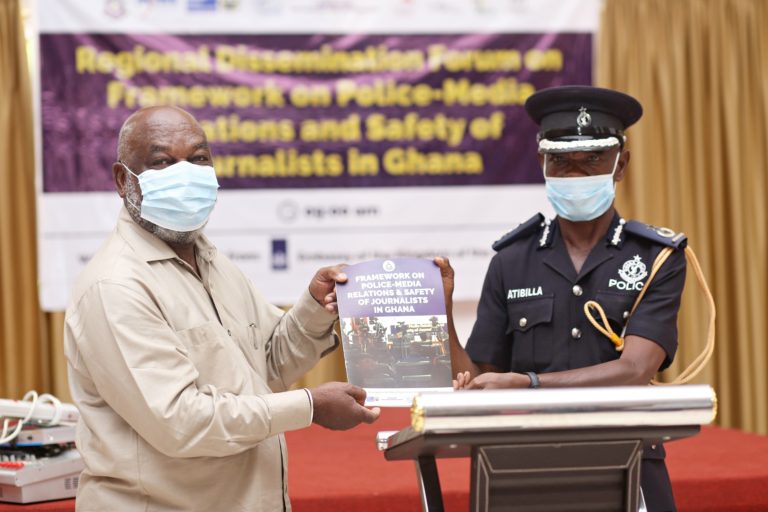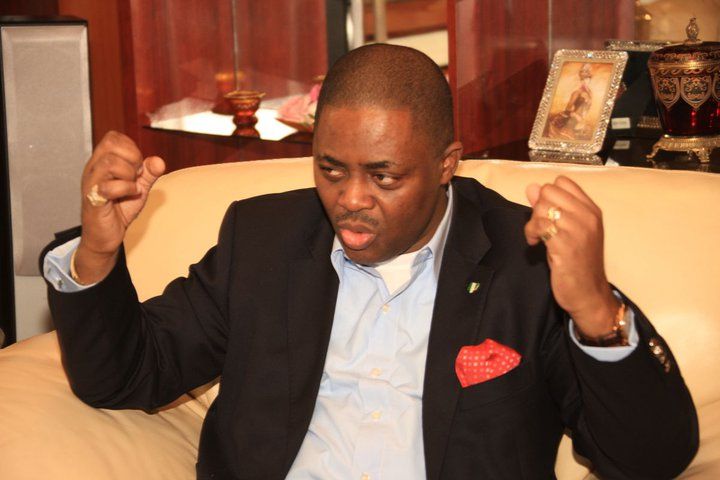Legislation is an old age tool that governments continue to rely on to influence civic space both negatively and positively.
In Zimbabwe, this space, which is the bedrock of an open and democratic society, and the enjoyment and exercise of constitutional rights such as media freedom and freedom of expression, has been shrinking due to a plethora of factors.
For instance, the repealed Access to Information and Protection of Privacy Act (AIPPA), was one notorious piece of legislation, together with the Public Order and Security Act, which was repealed and replaced by the Maintenance of Peace and Order Act, used to stifle media freedom and freedom of expression.
Despite the repeal of the above, there still exists pieces of legislation with provisions that continue to inhibit the exercise of rights. These include the Interception of Communications Act and the Criminal Law (Codification and Reform) Act.
As an example, the Cybersecurity and Data Protection Bill if enacted into law, also criminalises the transmission of false data messages intending to cause harm.
This is despite the existence of a constitutional court order declaring that false news offences promote self-censorship as well as concerns that such a provision will smuggle back criminal defamation which was outlawed by the Constitutional Court.
What stands out, therefore, from the existing legislative frameworks, is the over-criminalisation and over-regularisation of the exercise of fundamental rights particularly free speech.
It is within this stringent approach that sometime in August 2020 Cabinet discussed the possibility of adopting a law that criminalises campaigning against one’s own country.
It is an open secret that such discussion was influenced by the #ZimbabweanLivesMatter campaign, which was centred on demanding respect for human rights in Zimbabwe.
The campaign received overwhelming support from the region and beyond, and subsequently, resulted in an ANC delegation from South Africa, visiting Zimbabwe and meeting with their Zanu PF counterparts.
More recently, in October 2020, further discussions were held by the Cabinet. Subsequently, it was highlighted that the Principles for the Patriot Bill had already been drafted and that the Ministry of Justice, Legal and Parliamentary Affairs, is expected to table them in Parliament.
The proposed law will criminalise and impose stiff penalties for private correspondence by what was termed as ‘self-serving citizens’, with foreign governments or any officer or agent.
MISA Zimbabwe position
MISA Zimbabwe is greatly concerned by this proposed law which has the potential of curtailing the exercise of rights such as media freedom and freedom of expression, right to privacy, access to information, freedom of conscience, political rights, freedom to demonstrate and petition, and freedom of assembly and association.
Of equal concern is that this law will potentially cripple the work and mandate of non-governmental organisations that also work with foreign governments, embassies or similar organisations in foreign countries, among others.
It should be noted that in exercising freedom of expression, it is lawful for citizens to:
- Demand the prosecution of perpetrators of gross human rights violations.
- Request information with regards to the investigation and prosecution of police officers involved in media violations.
- Demand accountability with regards to abductions purported to have been state-sponsored
- Demand prosecution of high ranking officials alleged to have engaged in corrupt activities.
- Demand equal application of the law in Zimbabwe.
The above is centred on the exercise and enjoyment of fundamental rights for the betterment of Zimbabwe, which any patriotic citizen would be keen to support.
When citizens exercise their constitutional rights for purposes of transparency and accountability, such conduct should not be perceived as attacks on the government, the ruling party or any specific individuals.
In that regard, Zimbabwe should embrace the exercise of freedom of expression in its diverse forms.
Putting in place such a law will severely infringe the right to privacy as it creates further avenues for surveillance, tracking of internet usage and accessing of private communication records. Any mass and indiscriminate surveillance of citizens is unconstitutional and should not be sanitised through any piece of legislation.
Even in the United States where a similar law was enacted, several concerns were raised on its provisions and enforcement.
In defence of the US Bill of Rights in the case of West Virginia State Board of Education v Barnette, Justice Jackson highlighted that:
If there is any fixed star in our constitutional constellation, it is that no official, high or petty, can prescribe what shall be orthodox in politics, nationalism, religion, or other matters of opinion or force citizens to confess by word or act or faith therein.
In other words, the love, devotion and strong support for one’s country should not be forced on citizens through legislation. Neither should honesty about one’s country’s shortcomings be considered to be unpatriotic or campaigning against one’s own country.
This frowns upon the basic tenets of democracy and respect for fundamental rights.




